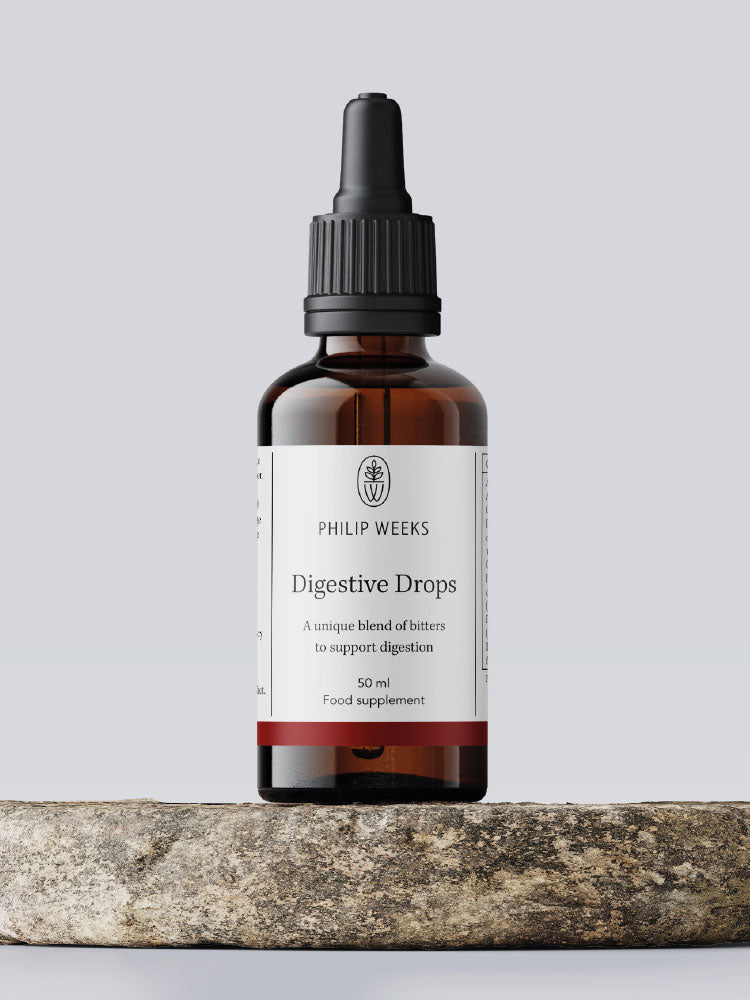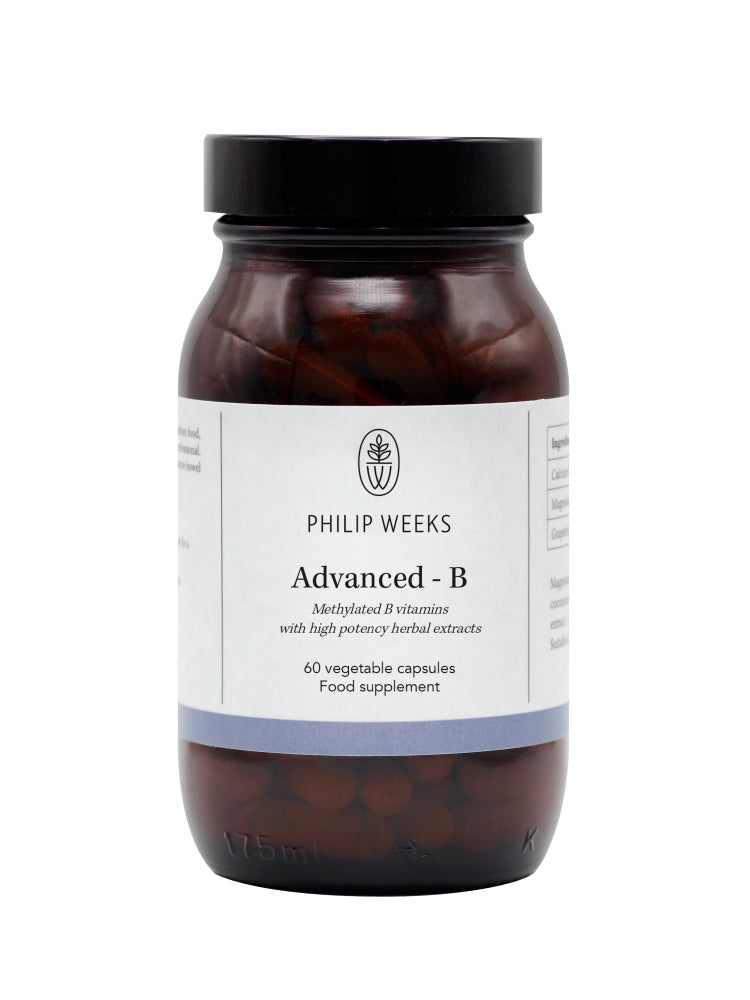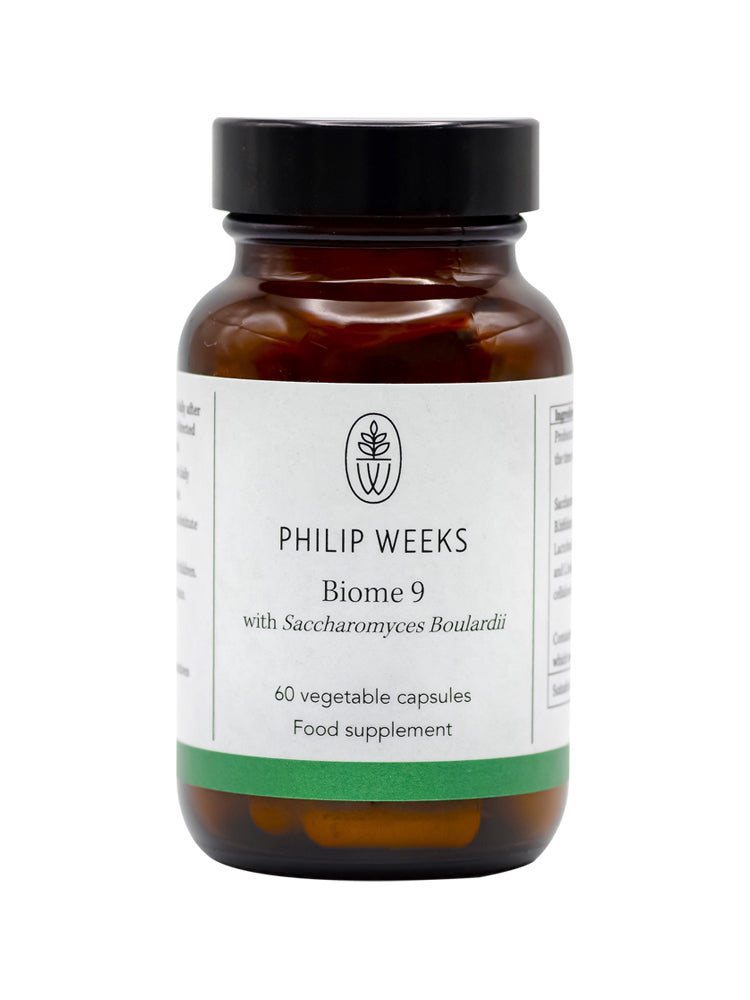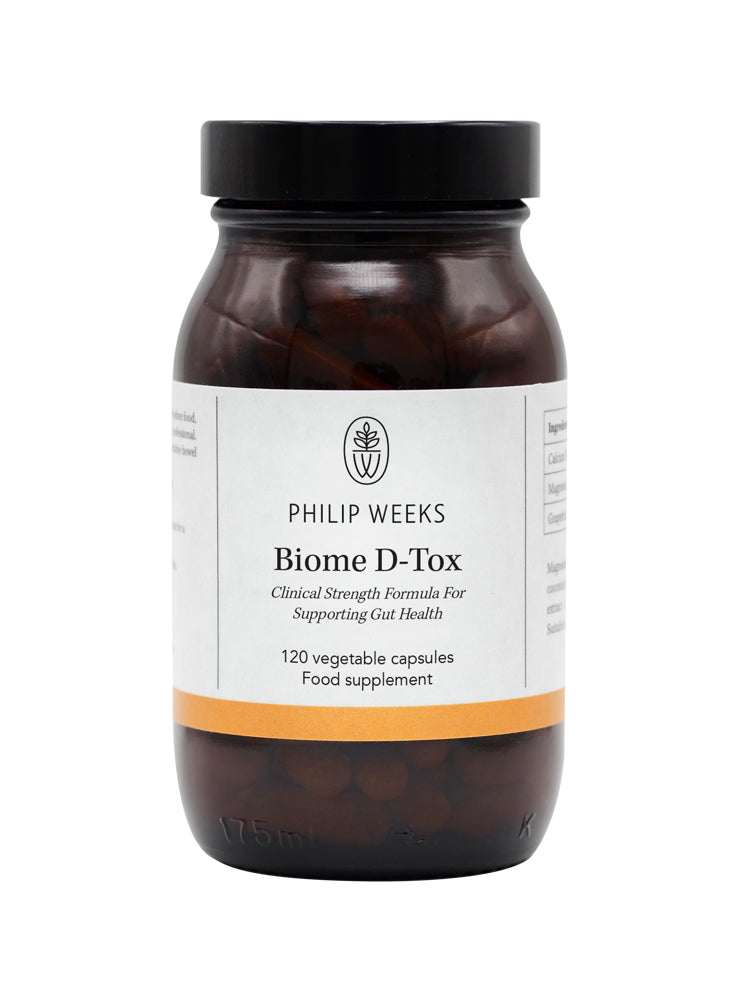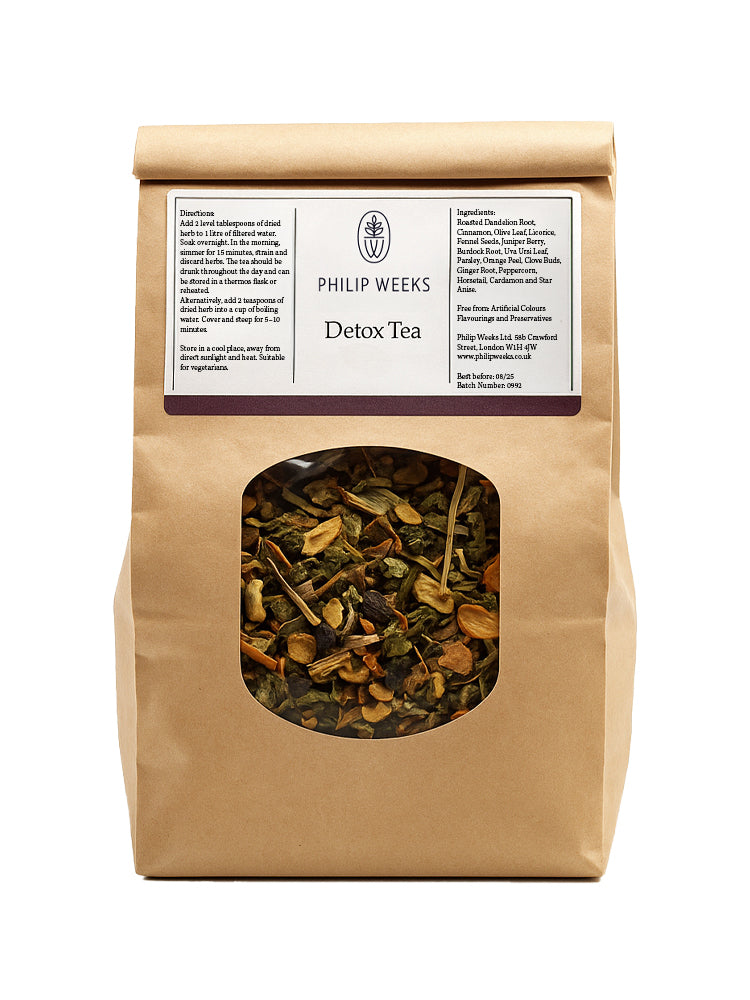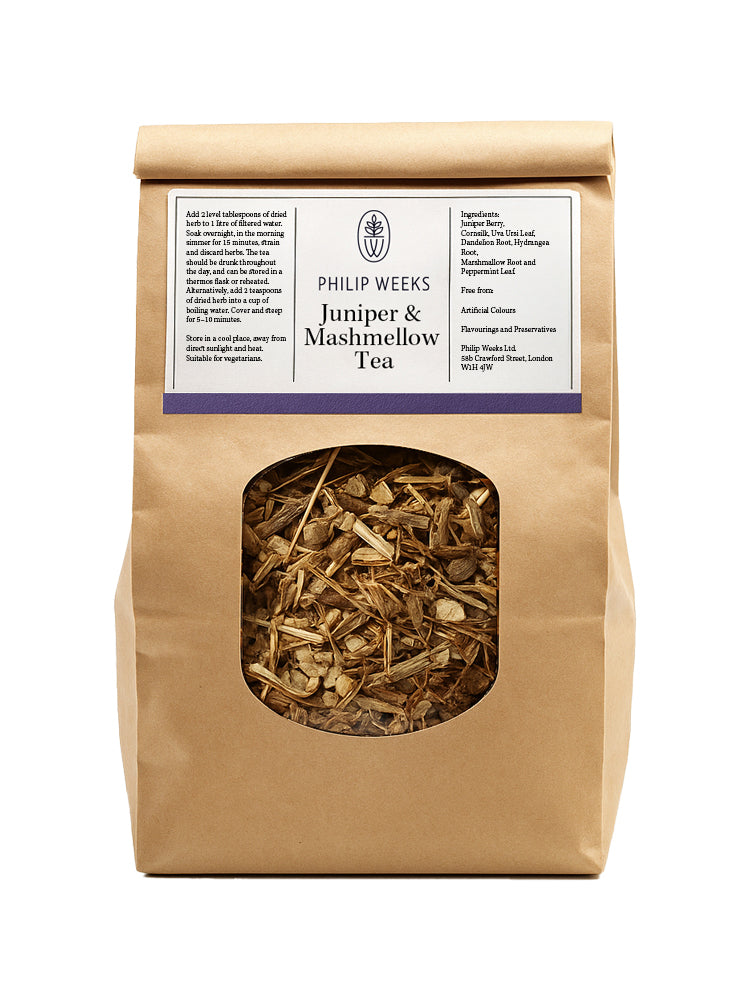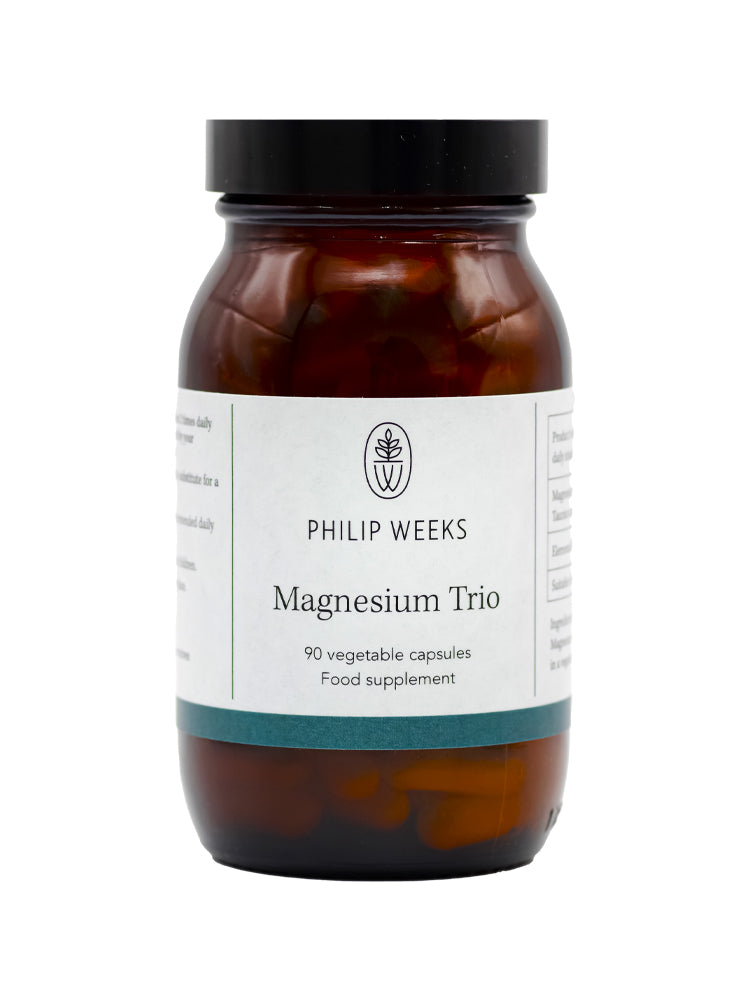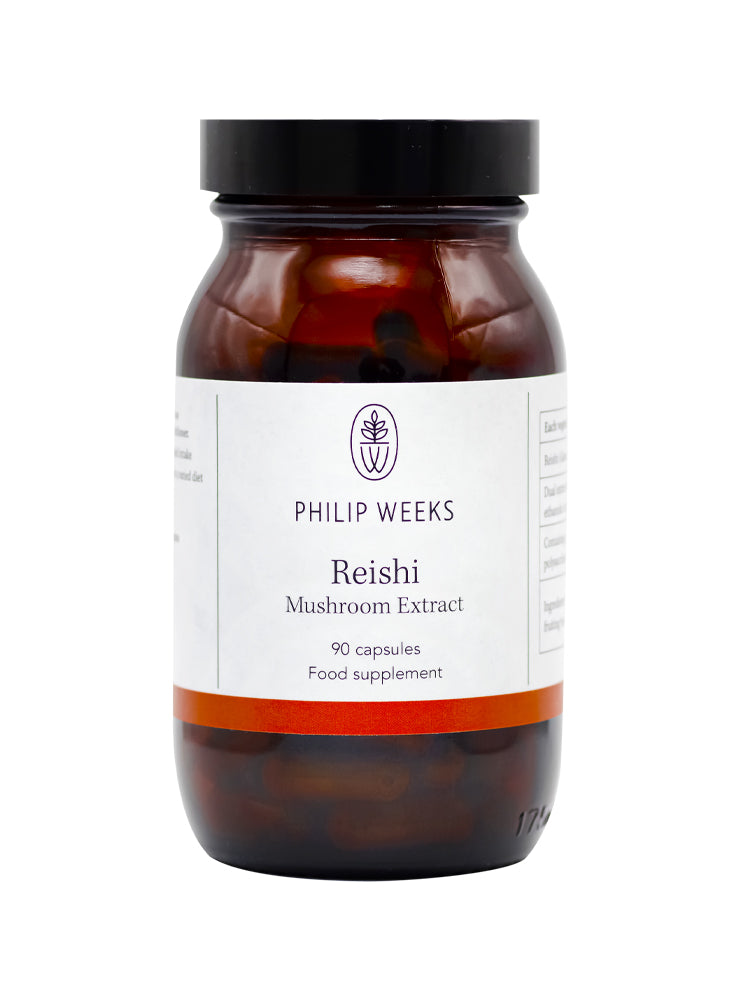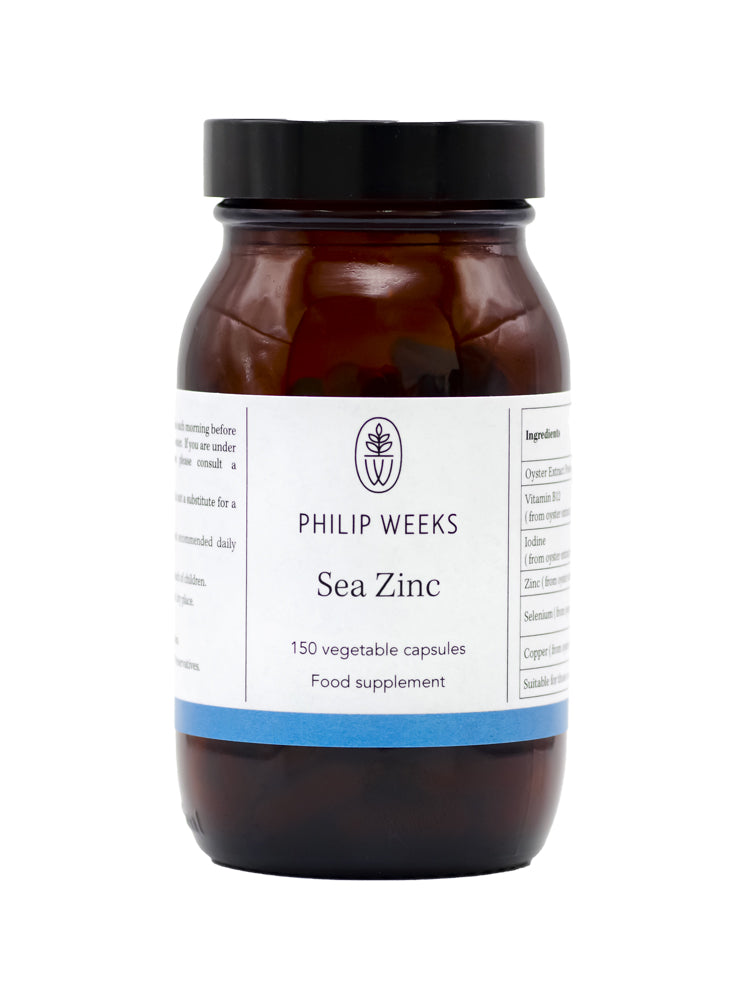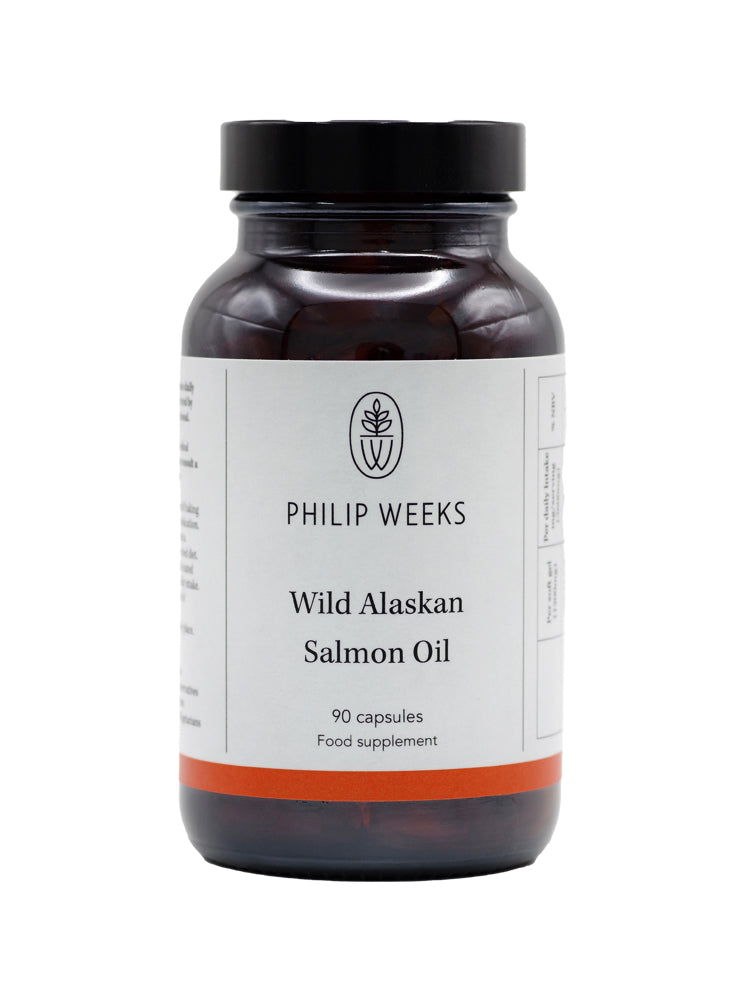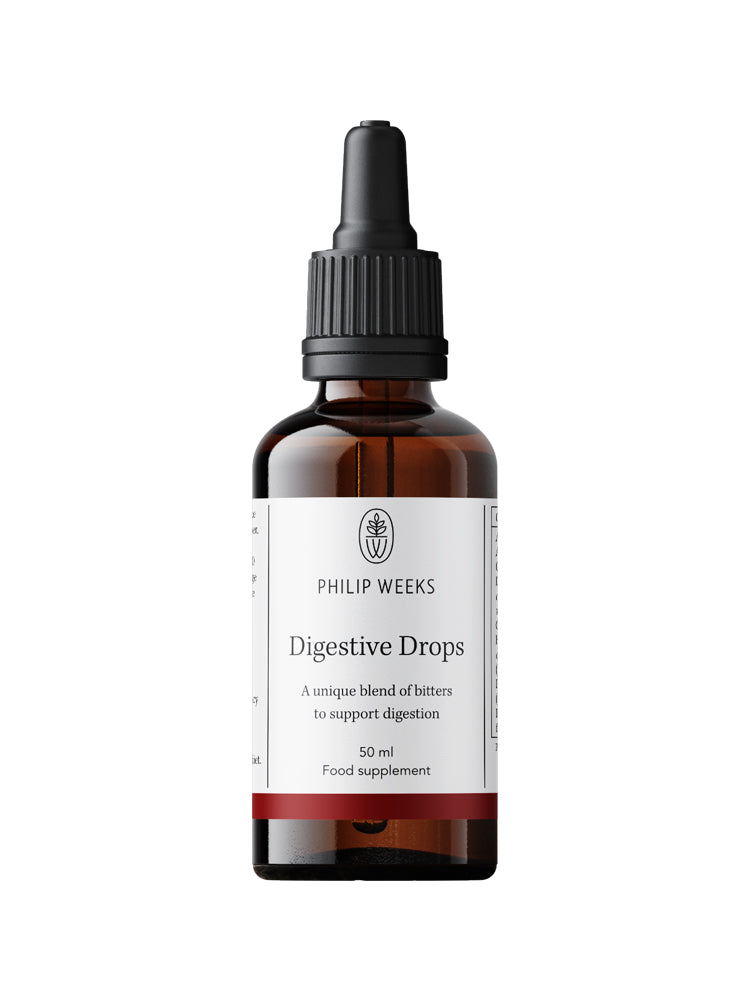Maintaining healthy hormone levels are essential for good health. Contributing to healthy mood, good energy levels and reproductive health.
It also plays a crucial role in metabolism, weight management, and overall vitality.
However, in my patients, I often find that imbalances in oestrogen, testosterone and progesterone are exacerbated and sometimes even caused by the impact of toxic chemicals.
Globally we have a fertility crisis with declining sperm count and decreasing testosterone levels. Sperm count has reduced by more than 60% in the last 40 years.
Our home environment and personal care products can be a significant source of these toxins which can have a very tangible impact on our delicate balance of hormones.
The danger of hormonal disruptors
Hormonal disruptors interfere with the endocrine system, affecting the production and function of hormones.
Common disruptors include:
Bisphenol A (BPA)
Found in plastics, mimics oestrogen and is linked to reproductive disorders and cancer.
Phthalates
Present in many personal care products, these affect testosterone and oestrogen levels. Often labelled as ‘fragrance’.
Parabens
Preservatives in cosmetics that mimic oestrogen and can lead to breast cancer and reproductive issues.
Aluminium
Found in deodorants and antiperspirants and can disrupt oestrogen receptors and is implicated in breast cancer. Also, in some cookware as well as most baking foil.
Pesticides and Herbicides
Used in agriculture, these can disrupt thyroid function and hormone production.
Non-Stick pans
The coating of non-stick frying pans, oven trays and other cookware can leach hormone disruptors into food.
Triclosan
An antibacterial agent in soaps and toothpaste thought to interfere with thyroid hormone metabolism.
Oxybenzone
Found in sunscreens can mimic oestrogen and disrupt the endocrine system.
Although it is argued that the levels of exposure to these disruptors is small this is all adding up and accumulating in the body. It seems that they settle in fat cells and in endocrine organs such as the thyroid, testes and ovaries.
What can we do?
The first step is to limit our exposure and most of these chemicals we are either applying ourselves or exposed to in our immediate environment…
Taking steps to minimise exposure:
- Laundry Detergents and washing liquids: Switch to eco-friendly versions with 0% scent.
- Chemical Cleaners: Try replacing with vinegar, liquid soap, and bicarbonate of soda.
- Scented Candles: opt for beeswax candles or at least unscented ones.
- Deodorants/Anti-perspirants: Used natural deodorant balms such as 'Nuud' or 'AKT deodorant'.
- Perfume: Avoid due to the presence of phthalates and hormone-disrupting chemicals, but there are some which contain plant extracts.
- Plastic Utensils and Bottles: Replace plastic cooking utensils with wooden ones and glass bottles instead of plastic.
- Pots and pans and trays: Use ceramic coated frying pans, stainless steel or cast iron.
- Organic food: as they have been exposed to `significantly less chemical and pesticide exposure.
- Bottles water: Microplastics leak into bottles water. Use glass or steel bottles.
- Tap water: A good water filter will take out microplastics and chemicals.
- Receipts
Detoxing hormone disruptor
Once we reduce our exposure, we can stimulate our body’s natural capacity to excrete hormonal disruptors.
We can increase or ‘upregulate’ our natural detoxification pathways in our body often through simple steps:
Sweat
Saunas and regular exercise can stimulate the excretion of toxins. Research has showed that endocrine disruptors like phthalates can be excreted through sweating.
Bitters
Consuming bitter substances increases the production of bile. This can prompt the body into releasing toxins stored in the liver which can then dump them into the digestive tract to be eliminated. This is particularly useful for the presence of fat-soluble toxins that have accumulated in our tissues. My formula ‘Digestive Bitters’ is ideal for stimulating the flow of bile.
Good Bacteria
The presence of the correct bacteria in our gut can be very important for hormonal health. For example, excess oestrogen can be eliminated by a complex set of processes in our gut, but it needs a healthy blend of gut bacteria for this to happen efficiently. A regular intake of fermented foods is a must for most people and the natural gut bacteria can be supported by taking probiotics such as my ‘Biome 9’.
Zinc
Zinc serves as a co-factor for key enzymes, such as superoxide dismutase or SOD, which are crucial for the effective operation of the antioxidant defence system. Zinc strongly stimulates the production of metallothioneins, small proteins capable of binding to heavy metals. Zinc plays a crucial role in regulating our hormonal balance and is essential for the synthesis, storage, and release of several hormones, including insulin, thyroid hormones, and sex hormones like testosterone and estrogen. Sea Zinc, is a whole and nutritionally balanced natural extract made from dehydrated oysters.
I firmly believe that avoiding environmental chemicals and certain personal care products is essential for maintaining healthy hormones. Through informed choices and proactive measures, we can reduce exposure to harmful substances, protect our hormonal health, and lead a more balanced and healthier life.
References
Hagai Levine, Niels Jørgensen, Anderson Martino-Andrade, Jaime Mendiola, Dan Weksler-Derri, Irina Mindlis, Rachel Pinotti, Shanna H Swan, Temporal trends in sperm count: a systematic review and meta-regression analysis, Human Reproduction Update, Volume 23, Issue 6, November-December 2017, Pages 646–659,
Travison TG, Araujo AB, Hall SA, McKinlay JB. Temporal trends in testosterone levels and treatment in older men. Curr Opin Endocrinol Diabetes Obes. 2009 Jun;16(3):211-7.
Gorgogietas VA, Tsialtas I, Sotiriou N, Laschou VC, Karra AG, Leonidas DD, Chrousos GP, Protopapa E, Psarra AG. Potential interference of aluminum chlorohydrate with estrogen receptor signaling in breast cancer cells. J Mol Biochem. 2018;7(1):1-13. PMID: 30148119; PMCID: PMC6108589.
Genuis SJ; Beesoon S; Lobo RA; Birkholz D (2012). Human elimination of phthalate compounds: blood, urine, and sweat (BUS) study. ScientificWorldJournal 2012, .
Genuis SJ; Beesoon S; Birkholz D (2013).
Biomonitoring and Elimination of Perfluorinated Compounds and Polychlorinated Biphenyls through Perspiration: Blood, Urine, and Sweat Study. ISRN Toxicol 2013, .
Meeker JD; Ferguson KK (2014).
Urinary phthalate metabolites are associated with decreased serum testosterone in men, women, and children from NHANES 2011-2012. J Clin Endocrinol Metab 99, 11.


